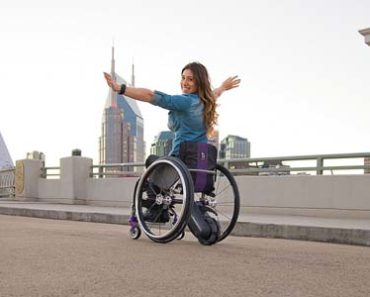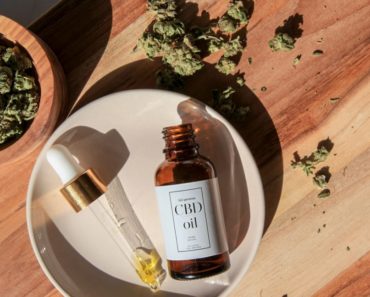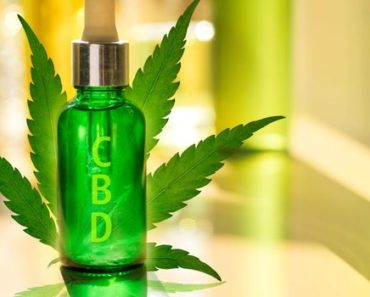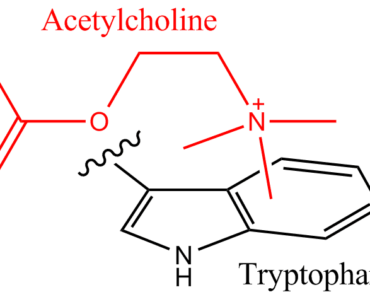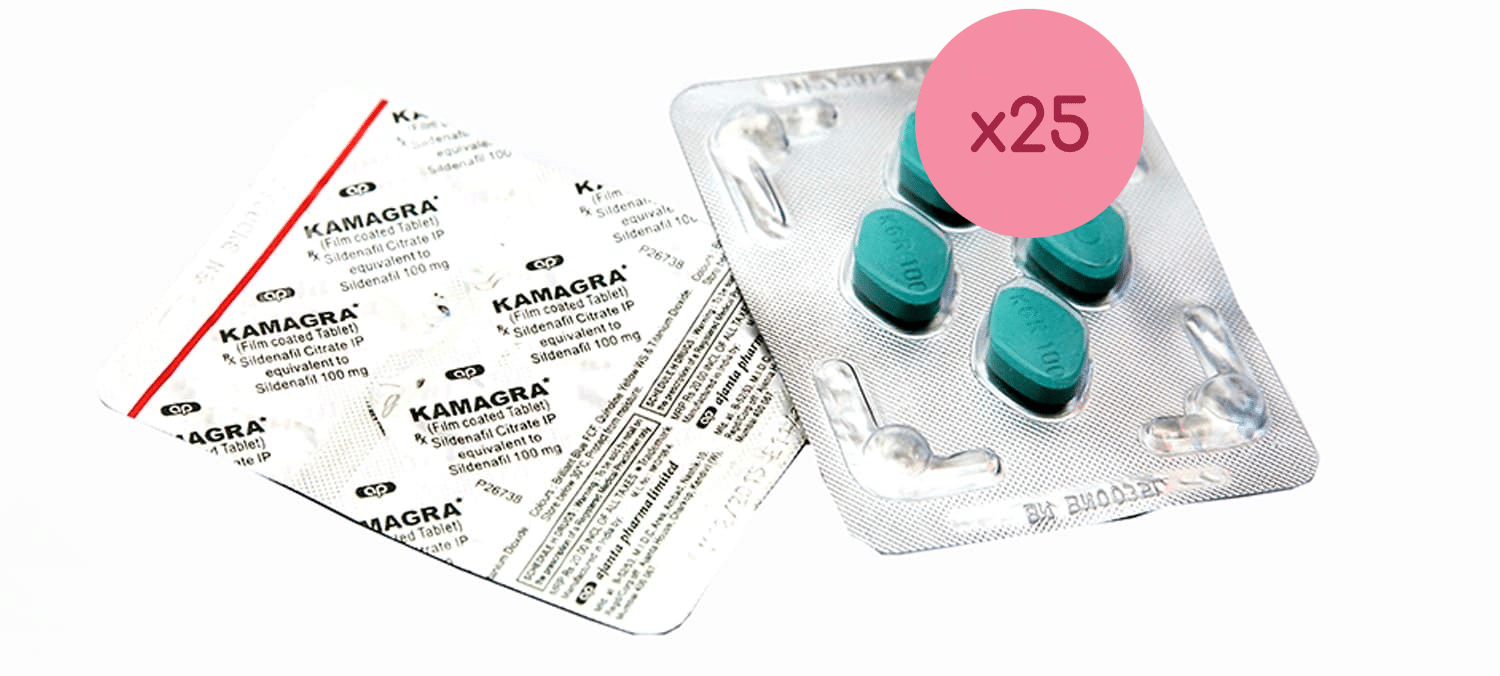There is a connection with snoring and sleep apnea because they are the same muscles. Snoring is not as strong as apnea unless the snoring partner is tired of pushing the snorer over the head with the alarm clock, as neither the snorer nor the apnea victim is likely to find out about their condition.
The brain then sends an emergency signal, which wakes the person by forcing breath to compensate for the oxygen debt. Although the person with apnea has no nighttime events, they can recognize symptoms such as waking up with a dry throat and mouth in the morning, headaches and sweating.
The pharyngeal muscles that lack muscle tone and are at the heart of the problem can be for one of two reasons.
The physiological composition may predispose the individual to the disease or maybe a problem that has developed due to the victim’s lifestyle, or a combination of both.
Physiologically speaking, anyone with a slight abnormality in the structure of the face that affects the passage of air is prone to the disease. This can mean a receding jaw or bite, the shape of the hard palate, large almonds, adenoids and tongue, inherent nasal congestion, and the overall size and shape of the ENTific Sleep Apnea Centre of the face and neck.
From a lifestyle perspective, obesity is the most critical factor in people with apnea, followed by alcohol consumption and smoking. The three big no-nos are guilty again – which is not surprising.
People with a Body Mass Index (BMI) of 30 or more are considered obese and are at higher risk of sleep apnea. If the weight distribution is concentrated around the waist as opposed to the hips, the risk is higher.
Alcohol can reduce upper airway activity and relax the muscles that are responsible for stopping the closure of the airways. In extreme cases, excessive and continuous alcohol consumption can suppress the respiratory reflex. This breath control can be influenced similarly by short-acting sleeping pills, sedatives and beta-blockers.
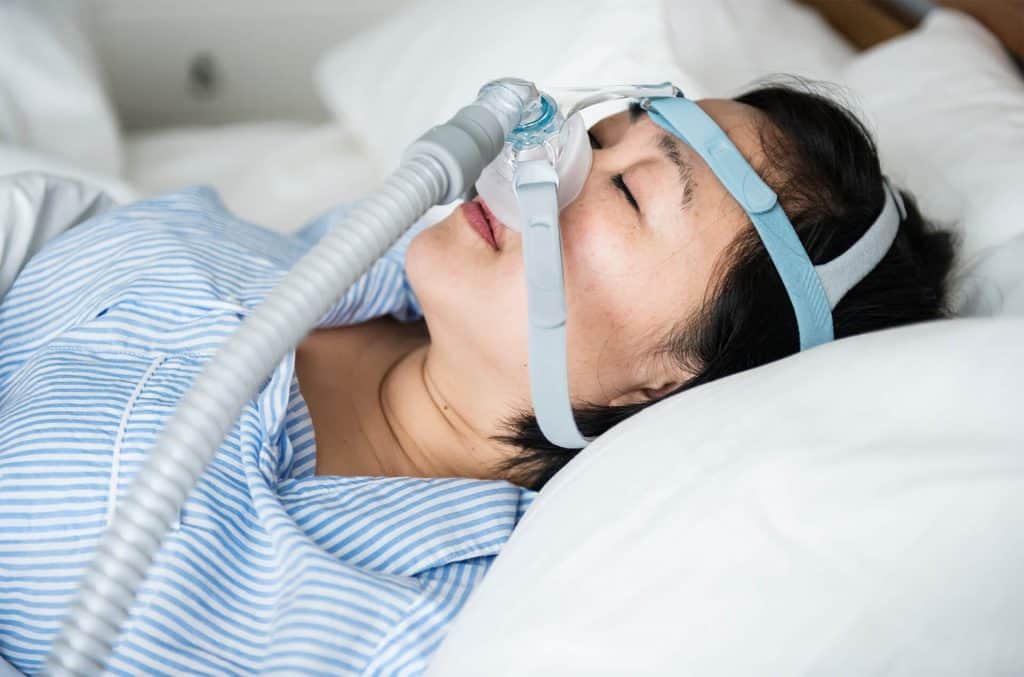
What Are The Treatments For Sleep Apnea?
In mild to severe apnea cases, it is generally accepted that using a continuous positive pressure device is the best treatment for the severe consequences of sleep apnea.
As the name suggests, it is a machine that uses a mask to generate a timed air pressure that keeps the upper airways open during sleep.
There are a variety of devices and masks, each of which can be tailored to your specific needs.
In mild cases, lifestyle changes can be made to alleviate or even cure the problem. Reducing alcohol and quitting smoking, especially before going to bed, is always a good idea. Pay attention to the type of medication used, especially sedatives.
Sleep apnea can be severe and in rare cases, fatal and you need sleep test hong kong. It is more common than asthma or diabetes and is becoming more common in the western world, which may be lifestyle-related.


